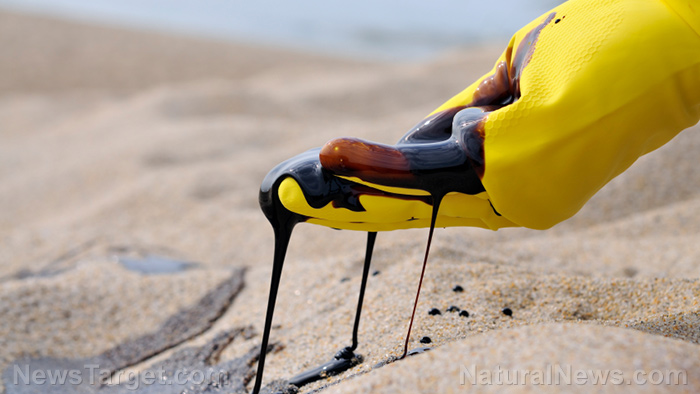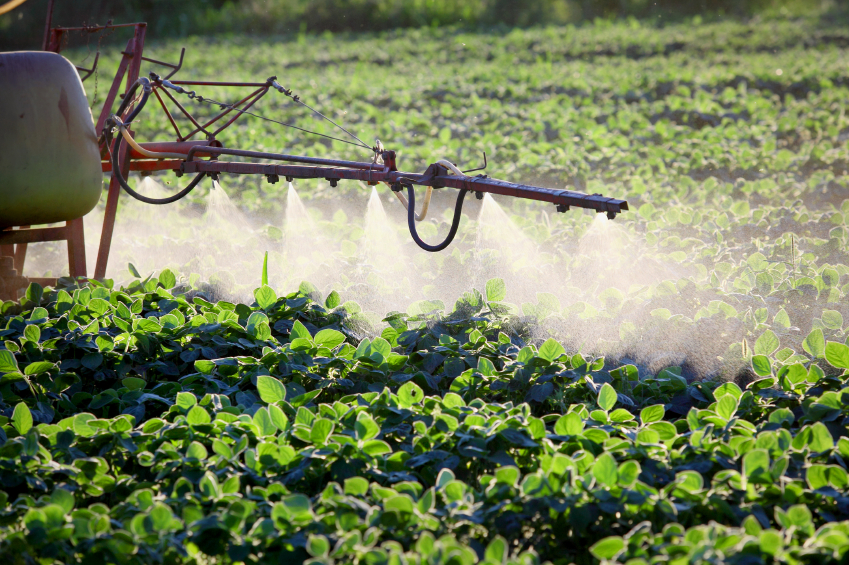Severe “ecological injury” has already been caused by the Sanchi oil spill, which is now threatening reefs, protected marine areas and the fishing industry
02/24/2018 / By David Williams

Remember the Sanchi oil spill? It has barely been a couple of months since that terrible accident happened, and yet it seems like most people have already began forgetting about it.
Sanchi is an oil tanker that recently sank in the East China Sea, causing what some experts are now claiming to be almost irreparable harm.
According to a new report, the Sanchi oil spill has already caused “serious ecological injury” since it first happened, as it is “a different kind of oil spill.” One pertinent factor could also be the fact that it has now grown so big that it has been referred to in one report as “an oil spill the size of Paris.”
On board the Sanchi tanker were almost one million barrels of condensate, which is described as an especially flammable type of light oil. And the interesting thing about it is that its type has never been the subject of an ocean cleanup before.
According to Richard Steiner, an Alaska-based marine scientist and an oil spill consultant, it’s a bit difficult to find out exactly how to best deal with the Sanchi oil spill while minimizing damage and doing things at a steady pace. “There’s a lot we don’t know about a major condensate spill because we’ve never seen one,” he explained. “This is the first. This is a very big deal.”
The one characteristic of light oil that makes it hard to deal with is the fact that it’s hard to see, which causes problems as far as tracking where it is and how far it has traveled are concerned.
Steiner went on to say, “I’m sure the toxic plume that dissolved in the water column has already spread over hundreds of square miles of the East China Sea.” By this, he means that there has already been some serious damage done to the ecological area near the site of the accident.
It is said that the light oil that spilled from the tanker could have already reached the major fisheries in the areas near China, Japan, and South Korea, which are home to a variety of animals like seabirds, whales, and more than a few hundred species of commercially harvested fish. According to Jonathan Watts, the global environmental editor at The Guardian, potentially “millions of fish were affected” already by the Sanchi oil spill.
“It’s quite possible a lot of them will end up in the supermarket shelves, particularly in those three countries,” said Watts. “There’s a big mystery, a big fear, about exactly where all this huge amount of toxic oil has gone.” And if the cleanup effort doesn’t pick up steam and become successful in tracking all of the spilled oil for possible containment, the world may end up finding out just how bad its effects on human health could be soon enough.
As mentioned in previous reports that covered oil spills in the past, these types of environmental disasters can have far-reaching consequences. Apart from killing aquatic life, human life can also be put in danger, as so-called dispersants used in cleanup operations are said to cause certain health symptoms in people exposed to them.
It may be problematic to keep track of what has happened so far as a result of the Sanchi oil spill, but with enough time, its effects on the environment, the economy, and on humans should become apparent. One can only hope that the officials in charge of the cleanup manage to get a grip on things before it gets to that point.
Stay updated on the latest in water pollution at Pollution.news.
Sources include:
Tagged Under: Ecology, environ, fishing industry, marine ecosystem, marine life, Oceans, oil industry, oil spill, Sanchi
















